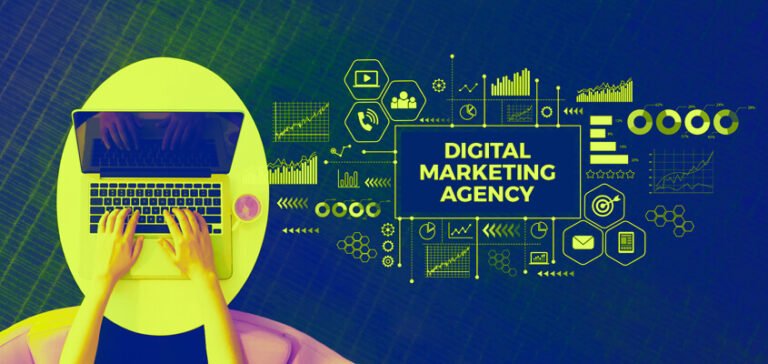How to Choose the Best AI Development Company in the USA
In today’s fast-paced digital landscape, artificial intelligence has become a cornerstone for businesses seeking to innovate, streamline operations, and enhance customer experiences. Whether it’s automating repetitive tasks, improving data analysis, or developing sophisticated machine learning models, AI has the potential to transform how companies operate. However, selecting the right AI development company in the USA can be a complex and challenging process due to the vast number of options available. To help you make an informed decision, here are essential factors to consider when choosing an AI development partner.
1. Define Your AI Objectives
Before you begin your search, it’s critical to clarify what you hope to achieve with AI. Each business will have unique goals, and understanding these objectives will serve as the foundation of your decision-making process. Are you looking to automate workflows, improve data analytics capabilities, or implement machine learning algorithms for predictive analysis? Clearly defining your objectives will help you communicate your needs more effectively to potential AI development companies. Additionally, having a well-defined goal will allow you to better assess if a company’s expertise aligns with your specific requirements.
2. Evaluate Expertise and Industry Experience
When evaluating AI development companies, it’s essential to examine their level of expertise and their track record within your industry. Not all AI solutions are created equal, and experience in a particular sector can significantly enhance the effectiveness of the final product. Look for companies with a proven portfolio of successful AI projects, case studies, and testimonials from clients in your industry. This will give you insights into their ability to understand your unique business challenges and deliver a solution that meets your needs.
Key areas of AI expertise to look for include:
-
Machine Learning (ML): Proficiency in developing algorithms and statistical models that allow machines to improve tasks over time.
-
Natural Language Processing (NLP): Expertise in text and speech recognition, which is critical for AI applications like chatbots or voice-activated systems.
-
Computer Vision: The ability to analyze and interpret visual data, which is key for industries like healthcare, manufacturing, and security.






